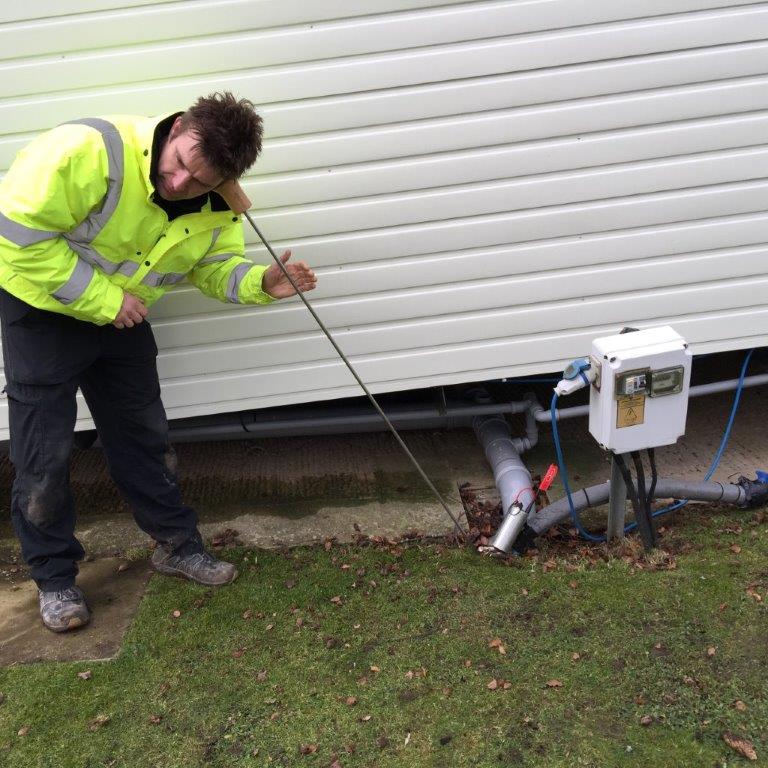News
First Water Abstraction Licence Restriction Issued Already
Farmers have expressed their concern at being sent letters regarding water abstraction licence restrictions already, following a winter of low rainfall across the country – particularly in the north-east and the east of England.
According to the Farmers Guardian, between December and February, the north-east and east only had 68 per cent of average rainfall, which is in part why the Environment Agency felt compelled to start placing restrictions on licences.
Andrew Wilson, a grower from North Yorkshire, said this is the earliest notice he has received in his time as an agricultural farmer, which is causing concern for the upcoming season.
And given that there was no rain forecast in his particular region until the end of April, Mr Wilson said he didn’t think the restriction would be lifted any time soon.
“If sufficient rainfall comes and the flow of the river goes up the restriction will be lifted, but it is often the case that it is restricted again shortly after. Last year, within three days we got stopped again, before we even got the chance to use it. Challenging times, thankfully, we have other water sources in other areas that are more robust and less affected,” he said.
According to the National River Flow Archive, the dry weather has resulted in increased soil moisture deficit across the UK. This, along with increasing evaporation rates, means that the effectiveness of rainfall and the potential for recharge will be restricted, which suggests that normal groundwater levels will likely be seen through the summer in the south-east.
Luckily, the Agriculture and Horticulture Development Board has just come out with a new guide to help those in the farming industry weather the storm if water supplies are interrupted or restricted this year and into the future.
Defra research shows that 85 per cent of farms in this country take their water from the public mains supply, so it’s likely that this new guide will come in very handy indeed if we’re hit with another hot summer like the one we saw in 2018.
Farms are very vulnerable indeed to water supply interruptions, thanks to extreme weather and temperature fluctuations – but livestock farms are perhaps the ones that feel it most.
The guide advises farmers to identify the source of water interruption and find out if it’s on the public or private supply system. They should then let their water wholesaler and retailer know that they’re having issues, while reducing non-essential water usage and prioritising resources for essential activities.
Prioritising water leak detection could also help farmers safeguard their water supplies and ensure that they’re not paying too much on their bills as well. The majority of leaks take place underground so it’s hard to tell if you have one – but not finding them can mean you’re wasting a huge amount of water and potentially causing structural damage to parts of your site. Get in touch with us today to find out more.
